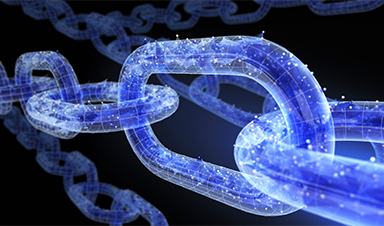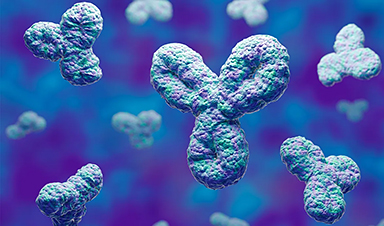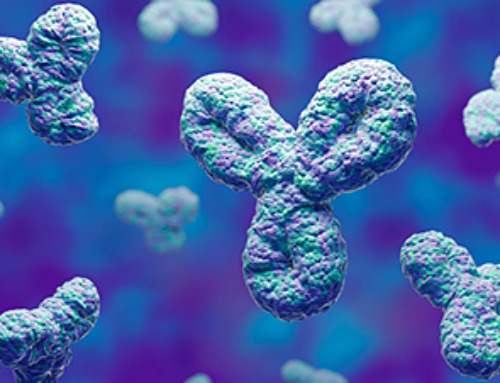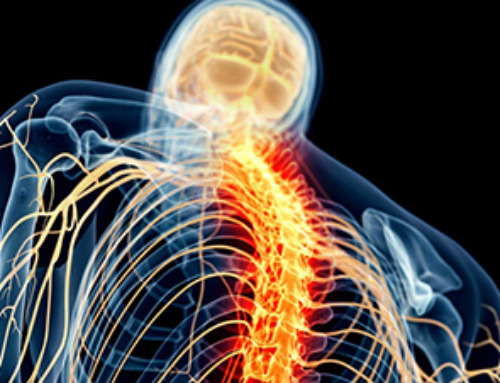Geography was once the biggest hurdle to sharing talent, knowledge and creativity. In the connected world, borderless communities form quickly and innovate when people with shared interests, even in niche subjects, have a platform to engage with each other.
Around the globe employers must understand the implications and take action.
No More Unpaid Co-creation
In 2010, the blockchain and cryptocurrencies were in their infancy. There simply was no practical method to provide monetary rewards to gamers, en masse, for their efforts in co-creating games. Now that these technologies are established, a model of guaranteed financial rewards for co-creators is possible.
Providing and incentivizing people with genuine economic benefit to do the work they already want to do—co-creating games, for example—will end this unpaid labor. Financial rewards will also increase both the quality and quantity of the work enormously. In addition, stopping the extraction of surplus value from co-creators by corporate players and putting it back into their pockets will lead them to buy more games.
Compare this model to that of social media such as Facebook, Twitter and Instagram. Their profit comes by exploiting their users’ immaterial labor: hoarding data and selling behavioral information, demographic statistics, and purchasing and web-browsing history.
All forms of contribution to capital—not merely the financial contributions of shareholders—deserve to receive some reward, and blockchain technology will help to ensure it for the games industry. Gamers will receive cryptocurrency for playing and reviewing games, giving feedback to developers, and sharing social content to help promote games they love. It also means developers will be able to access to millions of gamers from the beginning to the end of the creation process. They’ll even be able to license user-generated content, in addition to selling and marketing these games through the platform.
This new model comes ahead of an important transition in the global labor market. There is a wide consensus that AI and advanced technologies will make many traditional jobs and careers obsolete. But new job and careers will also emerge. For some people, this transition may simply provide additional income through, for example, occasionally renting out a room through Airbnb. For others, part-time passions could become full-time careers.
Differing from the current sharing economy, though, the livelihoods of players and developers will offer the means to bypass economic turmoil in their countries of residence.
Image Credit: Alias Studio
News This Week
Specially engineered antibody delivers RNA therapy to treatment-resistant tumors
Elias Quijano, PhD; Diana Martinez-Saucedo, PhD; Zaira Ianniello, PhD; and Natasha Pinto-Medici, PhD, there are 25 other contributors, most from Yale's Department of Therapeutic Radiology and from the departments of genetics, molecular biophysics and [...]
Vaccinated women face fewer cervical cancer risks
New data from Denmark shows the HPV vaccine’s powerful long-term impact, while also revealing why cervical cancer screening is still essential. A Danish study published in the journal Eurosurveillance reports that women who received the human [...]
3D-printed implant offers a potential new route to repair spinal cord injuries
A research team at RCSI University of Medicine and Health Sciences has developed a 3-D printed implant to deliver electrical stimulation to injured areas of the spinal cord, offering a potential new route to [...]
Nanocrystals Carrying Radioisotopes Offer New Hope for Cancer Treatment
The Science Scientists have developed tiny nanocrystal particles made up of isotopes of the elements lanthanum, vanadium, and oxygen for use in treating cancer. These crystals are smaller than many microbes and can carry isotopes of [...]
New Once-a-Week Shot Promises Life-Changing Relief for Parkinson’s Patients
A once-a-week shot from Australian scientists could spare people with Parkinson’s the grind of taking pills several times a day. The tiny, biodegradable gel sits under the skin and releases steady doses of two [...]
Weekly injectable drug offers hope for Parkinson’s patients
A new weekly injectable drug could transform the lives of more than eight million people living with Parkinson's disease, potentially replacing the need for multiple daily tablets. Scientists from the University of South Australia [...]
Most Plastic in the Ocean Is Invisible—And Deadly
Nanoplastics—particles smaller than a human hair—can pass through cell walls and enter the food web. New research suggest 27 million metric tons of nanoplastics are spread across just the top layer of the North [...]
Repurposed drugs could calm the immune system’s response to nanomedicine
An international study led by researchers at the University of Colorado Anschutz Medical Campus has identified a promising strategy to enhance the safety of nanomedicines, advanced therapies often used in cancer and vaccine treatments, [...]














Leave A Comment